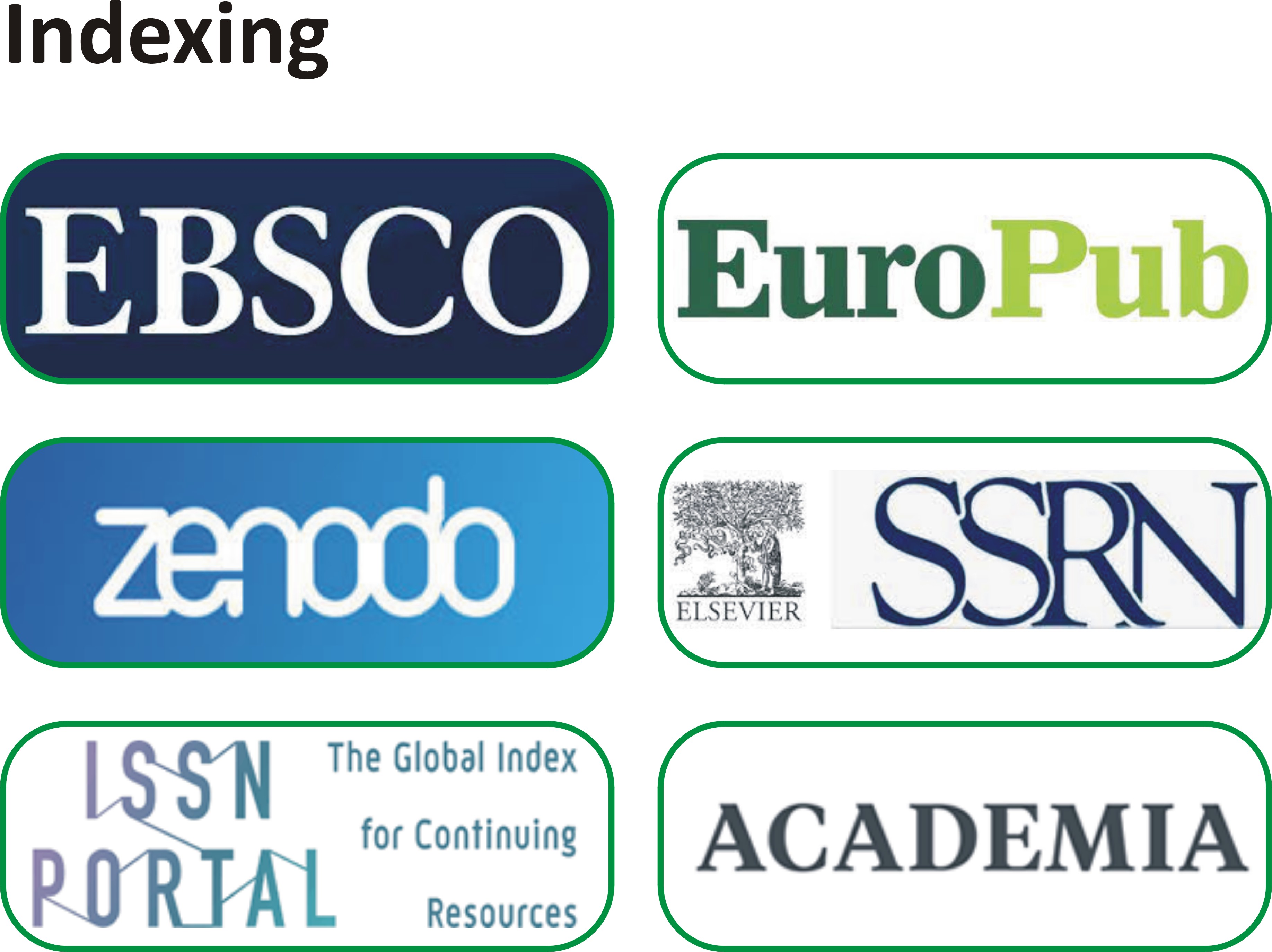Role of Business Model Innovation in Organizational Performance: Mediating Role of Organisational Inertia
Abstract
Organizations typically maintain stability and adhere to established routines, this leads to their insensitivity to various threats and opportunities arising from the external environment. Companies bring new ideas and technologies to market through their business models. Although companies may invest heavily in exploring new ideas and technologies, they often have limited ability to innovate the business models that will utilize these inputs. This is important because the same idea or technology, when brought to market through different business models, will produce different economic outcomes. So, it's smart for companies to learn how to innovate their business models. This paper examined the obstacles to business model innovation, which previous academic research has identified as conflicts with existing assets and business models, as well as difficulties in recognizing these barriers. The aim of this study is to investigate how organizational inertia affects business model innovation. According to the empirical findings of this study, innovating business models leads to the creation of new operational models, enhances the core competencies of enterprises, fulfills customer needs, improves the quality or features of current products, and reduces production costs. As a result, business model innovation has a positive and significant impact on organizational performance.







